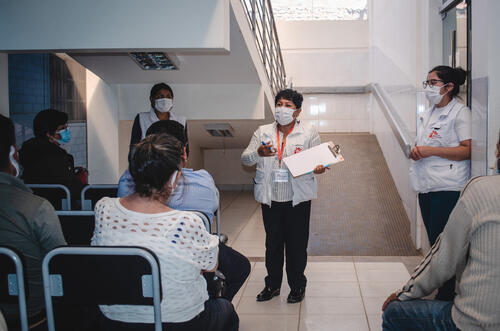
Bolivia
MSF worked in Bolivia from 2019 to 2021, providing sexual reproductive healthcare and support in the fight against COVID-19. At the end of 2021 we handed over our activities to the Ministry of Health.
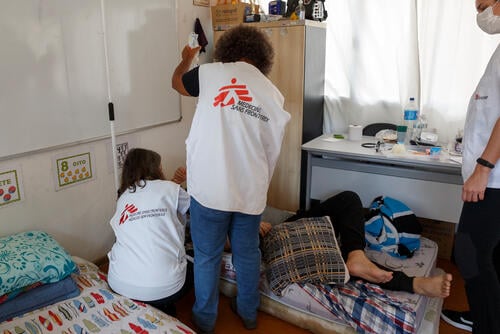
Brazil
Learn about MSF's activities in northern Brazil, where we are working to improve medical care for Venezuelan migrants and asylum seekers, as well as local communities.
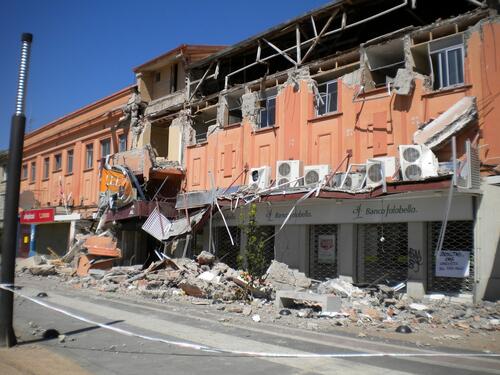
Chile
MSF worked in Chile following the earthquake that struck the country in February 2010.
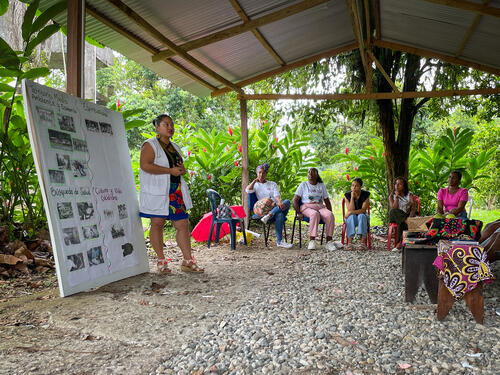
Colombia
As a result of the peace process, there has been in a decrease in the number of clashes between armed groups, but civilians continue to be caught up in violence as criminal organisations fight for control of territory.
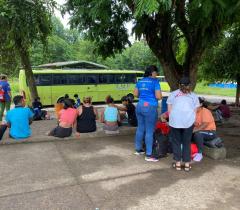
Costa Rica
MSF closed its project in Costa Rica in 2024.
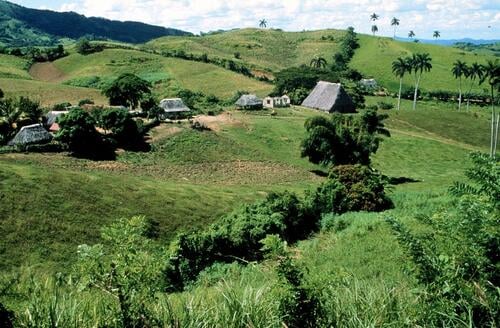
Cuba
MSF began work in Cuba in 1993 and left in 2000.
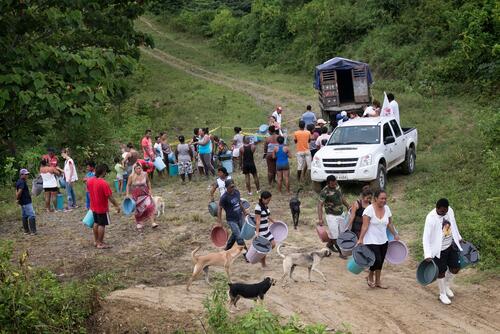
Ecuador
MSF first worked in Ecuador in 1996; after providing mental health support following two earthquakes in 2016, MSF teams supported the COVID-19 response in 2020.
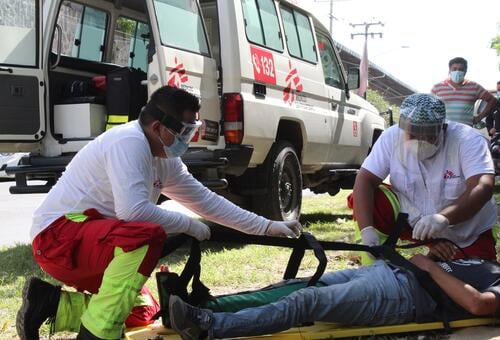
El Salvador
MSF has worked in El Salvador to provide healthcare to communities affected by growing violence and insecurity and to respond to outbreaks such as COVID-19.
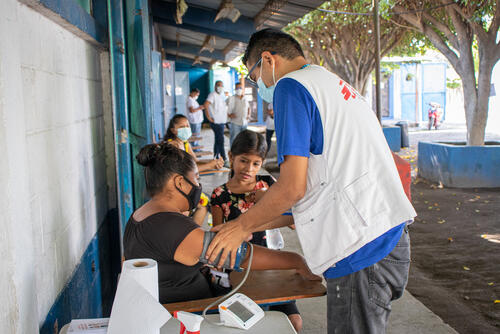
Guatemala
MSF first worked in Guatemala in 1984 and closed our projects in 2012, before returning in 2020 to respond to the COVID-19 pandemic.
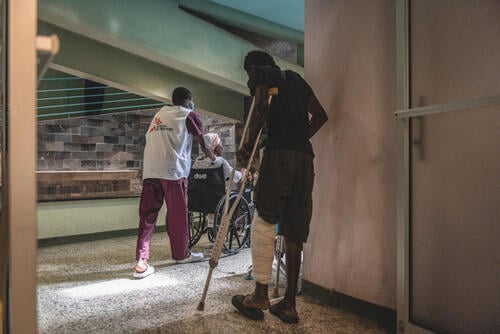
Haiti
Political instability, an earthquake in August 2021, a fuel crisis and chronic violence have pushed the healthcare system in Haiti to its limits as needs are on the rise.

Honduras
Honduras has experienced years of political, economic and social instability, and has one of the highest rates of violence in the world. This has great medical, psychological and social consequences for people.



